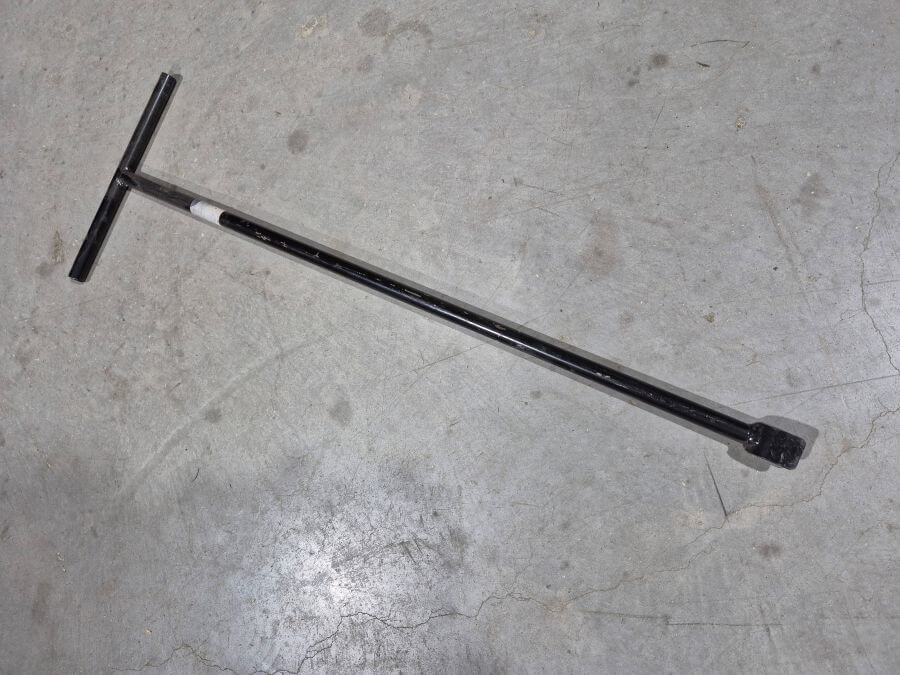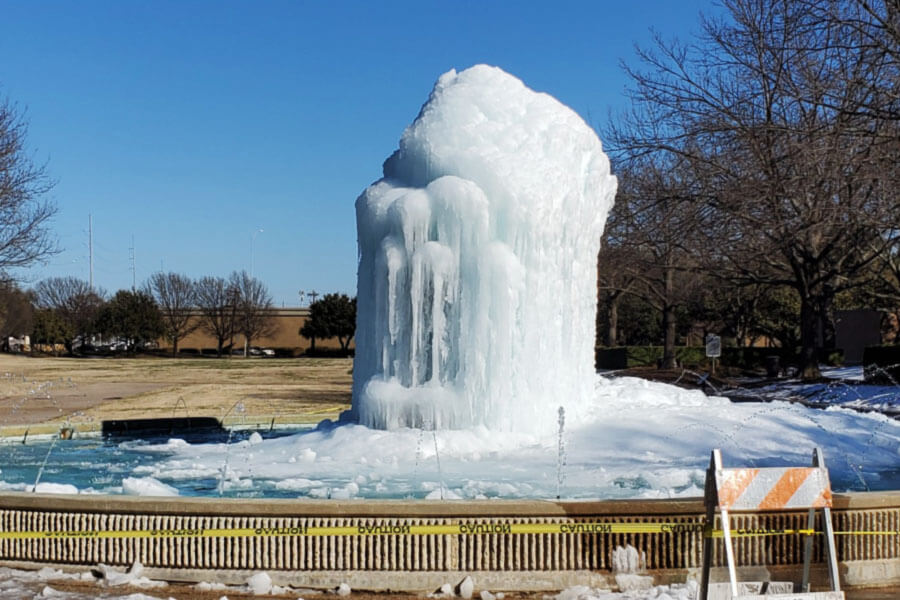Regions that don’t typically experience deep freezes can be especially vulnerable to frozen pipes. In many cases, homeowners, or property managers may not realize that a pipe has burst after the cold has passed, resulting in expensive repairs.
Taking preventive measures, such as insulating pipes and allowing faucets to drip, is essential since frozen pipes can lead to this type of water damage. With proper preparation, you can help avoid expenses and serious structural damage during unexpected frigid weather.
Why Frozen Pipes Are a Problem
Water has unique properties as it can expand when frozen. Certain materials used for pipes can become brittle in cold temperatures. This added pressure with the right conditions can easily cause pipes to burst. If a broken pipe goes unnoticed, even for a few hours (which often happens), can result in severe water damage if not properly addressed.
Even if the water is shut off immediately after the fact and the area is thoroughly dried, residual moisture may seep into surrounding structures and furnishings. That’s why following a few steps is essential to prevent serious complications during any unexpected temperature drop.
How To Help Prevent Broken Pipes
Maintain Heat Inside Your Home
Try to avoid drastic temperature changes, as rapid fluctuations can increase the risk of pipes freezing. The U.S. Department of Energy recommends setting the A.C. to 55 °F (13 °C) even when you’re away from your home/place of business.
Open Interior Doors and Cabinets
Open the cabinet doors in kitchens and bathrooms, especially those under sinks, to allow warm air to circulate around the pipes. Leaving doors to rooms with plumbing systems open so the warmth can reach all areas.
Let Faucets Drip
Allow faucets, especially those connected to exterior walls, to drip slightly. This continuous movement reduces pressure buildup, which is a common cause of pipe bursts in freezing temperatures.
Insulation
Add insulation to attics, basements and crawl spaces. Proper insulation in general helps protect your property accross the board.
Additional Precautions
It’s a good idea to know the location of your home’s main water valve. Even if your home never experiences deep freeze, as you can reduce any potential water damage by shutting off the water.
We highly recommend using a ‘water shut off wrench’ and a ‘manhole cover remover’ to help with the main water valve. While you could remove the manhole cover off with bruite force, it can be extremely difficult to turn the main valve off without using the wrench (especially when its really cold).

As always, like the tools above, working quickly with the right equipment saves time and money.
Final Thoughts
Frozen pipes are a serious risk in regions that don’t typically experience deep freezes, homeowners and property managers may not notice a burst pipe until significant water damage has occurred. Taking preventive measures, such as insulating pipes, maintaining indoor heat, and allowing faucets to drip, can help reduce the risk of frozen pipes and the damage they cause.
